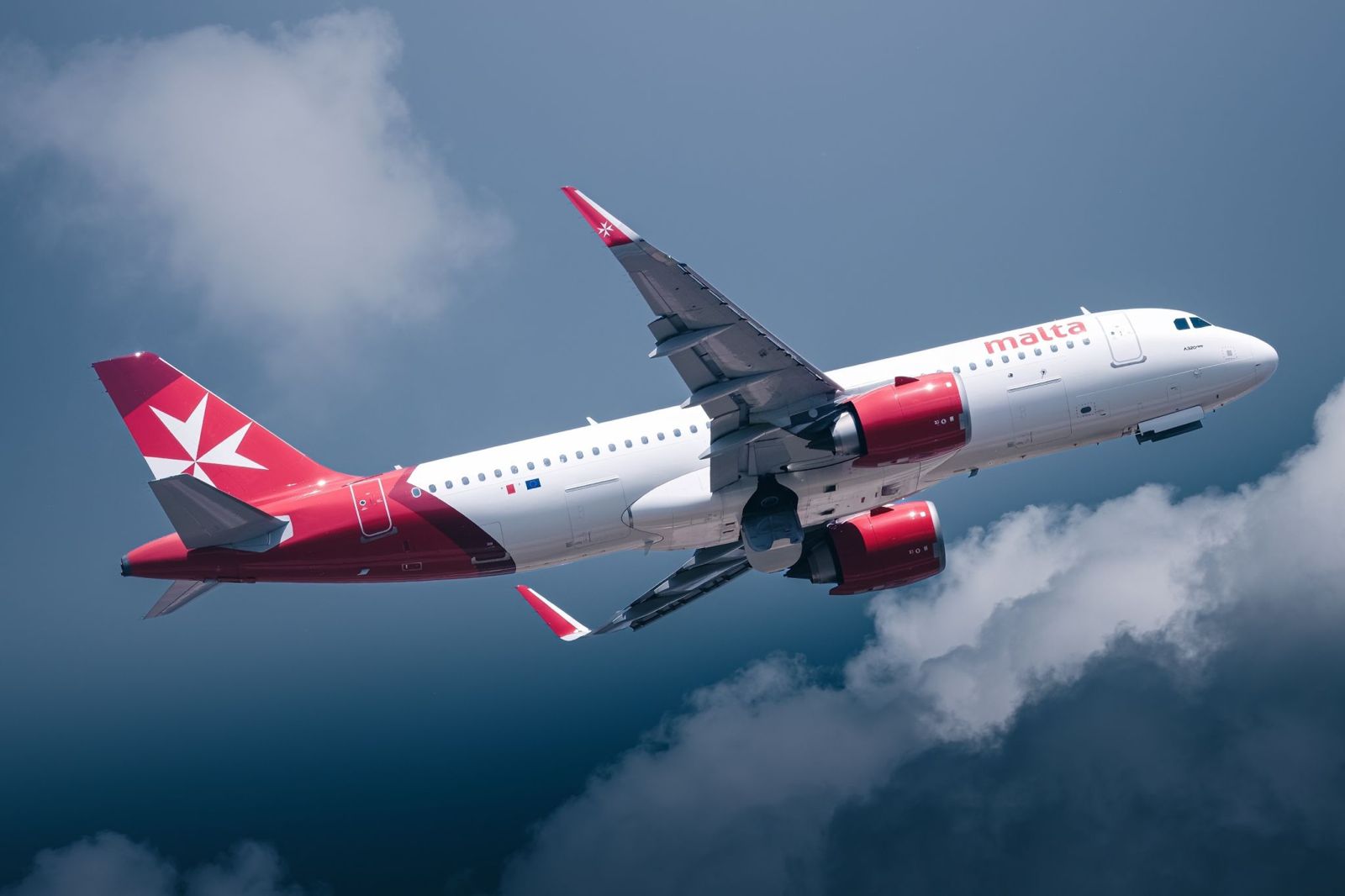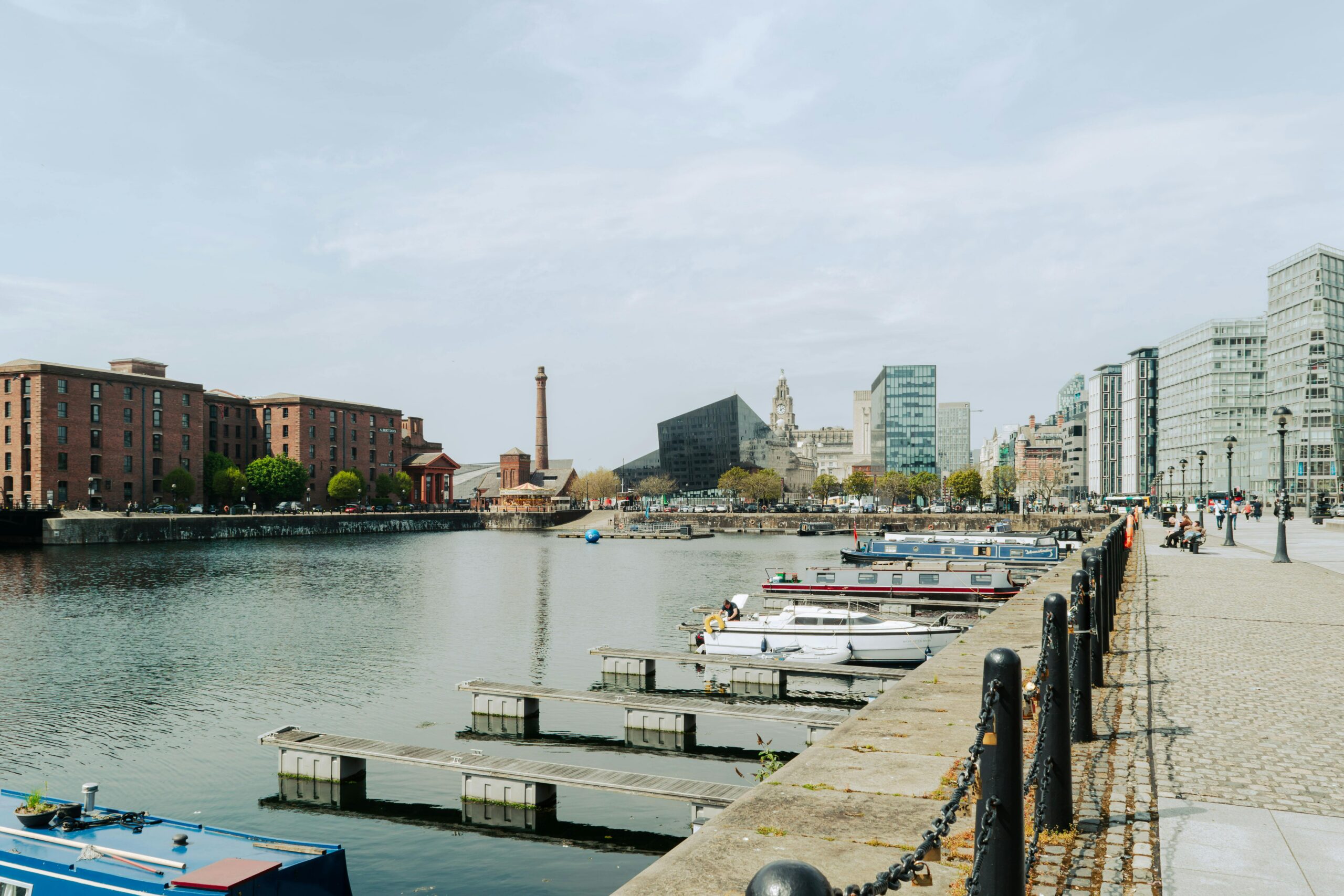The European Union’s Emissions Trading System (ETS) is set to significantly reshape the aviation industry, with profound consequences for air travel, tourism, and economies that rely on connectivity.
Clayton Bartolo, Management Consultant and Strategic Advisor, and former Minister for Tourism, recently shared insights on LinkedIn about the ripple effects of this policy shift, particularly for island nations and regions dependent on aviation.
A recent Central Bank of Malta report highlights that airline ticket prices could increase by around €10 per passenger as carriers absorb the costs of higher emissions charges and additional surcharges. While this may seem like a minor adjustment for some, the effects could be far-reaching.
From 2026 onwards, airlines will no longer receive free ETS allowances and will have to purchase them entirely under the EU’s polluter-pays principle. This shift could lead to higher operating costs, which may be passed on to passengers, potentially impacting visitor numbers, particularly to destinations that rely heavily on air travel.
For island economies where tourism is a major economic pillar, these price hikes could affect competitiveness, making it more expensive for travellers to visit and placing pressure on businesses that depend on steady tourist flows.
While the economic challenges are clear, Mr Bartolo emphasises that this transition presents an opportunity for accelerating sustainable aviation practices. The industry is already moving towards:
- Fuel-efficient aircraft: A practice already embraced by airlines like KM Malta Airlines.
- Green aviation technologies: Investment in low-carbon fuels and next-generation aircraft.
- Sustainable travel solutions: Encouraging alternatives such as carbon offset programs and eco-conscious travel incentives.
In the long run, these changes could drive innovation, making air travel not just more sustainable but potentially more cost-effective with advancements in green technologies.
Mr Bartolo highlights that the key to navigating these changes is collaboration between tourism and aviation stakeholders. Ensuring a balance between environmental responsibility and economic sustainability requires open dialogue among airlines, tourism boards, policymakers, and local businesses.
For island nations like Malta, this means developing strategic incentives to maintain competitiveness, investing in alternative tourism strategies that lessen reliance on high-emission travel while also encouraging public-private partnerships to support sustainable aviation initiatives.
While the ETS reforms bring challenges, they also offer an opportunity for the industry to adapt and innovate. The aviation sector must continue evolving to reduce its carbon footprint while ensuring that destinations remain accessible, competitive, and attractive.
Featured Image: Clayton Bartolo / LinkedIn
Call for trade mission for Malta-based businesses to Wales and Liverpool
Interested parties are invited to e-mail TradeMalta by not later than Tuesday 17th March
Malta sets birth rate growth targets after years of decline
Vision 2050 envisages gradually increasing birth rate from 1.01 to 1.3 by 2035
Wolt Market unveils refreshed identity in Malta
Expanded partnerships with Maltese producers, upgraded fresh food categories, all in vibrant green – Wolt Market marks a new milestone






